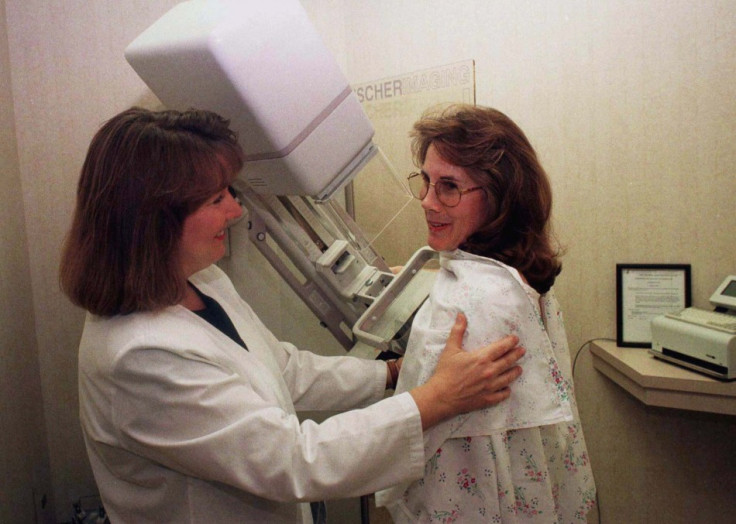Touch Therapy Reduces Pain, Stress and Nausea in Cancer Patients

Jin Shin Jyutsu, an ancient form of touch therapy, reduces pain, stress and nausea in cancer patients, according to a study.
Researchers from the University of Kentucky Markey Cancer Center have found that Jin Shin Jyutsu reduces pain, stress and nausea in cancer patients. They discovered this when they conducted a study on 159 cancer patients, who had attended several Jin Shin Jyutsu sessions.
During the Jin Shin Jyutsu sessions, patients receive light touches on 52 specific energy points called Safety Energy Locks as well as fingers, toes, and midpoints on the upper arm, upper calf and lower leg in predetermined orders known as "flows."
Before and after each Jin Shin Jyutsu session, researchers had asked the patients to assess their symptoms of pain, stress and nausea on a scale of 0-10, with 0 representing no symptoms.
The study found that in each session patients experienced significant improvement in the areas of pain, stress, and nausea with the first visit and in subsequent visits as well. The mean decreases experienced were three points for stress and two points for both pain and nausea.
"I was pleased to see quantitatively the improvements that patients noted in these primary areas of discomfort," said Jennifer Bradley, Jin Shin Jyutsu integrative practitioner at the University of Kentucky Markey Cancer Center, in a statement.
"It was interesting to note that regardless of age, sex or diagnosis, cancer patients received a statistically significant improvement in the side effects from treatment. It is encouraging to note that Jin Shin Jyutsu made improvements in these areas without adding additional unwanted effects that so often occur with medication interventions," she added.
The study did not include controls for several parameters including the time between sessions or location and duration of service. Bradley's next study will control more of these variables, and her team will access patients' medical records over the time period of their participation to evaluate changes in patients' medication usage for cancer and symptom management of pain, stress and nausea.
"The American Cancer Society has noted that quality of life is an issue for all cancer patients; those undergoing treatment, late stage patients, and cancer survivors," Bradley said.
"There is a need for additional research to develop evidence-based interventions that have a positive impact on the quality of life for all of these individuals without adding to their burden. From what I have seen in my office and the results shown in the study, I believe that Jin Shin Jyutsu has great promise in this area," she concluded.
© Copyright IBTimes 2024. All rights reserved.





